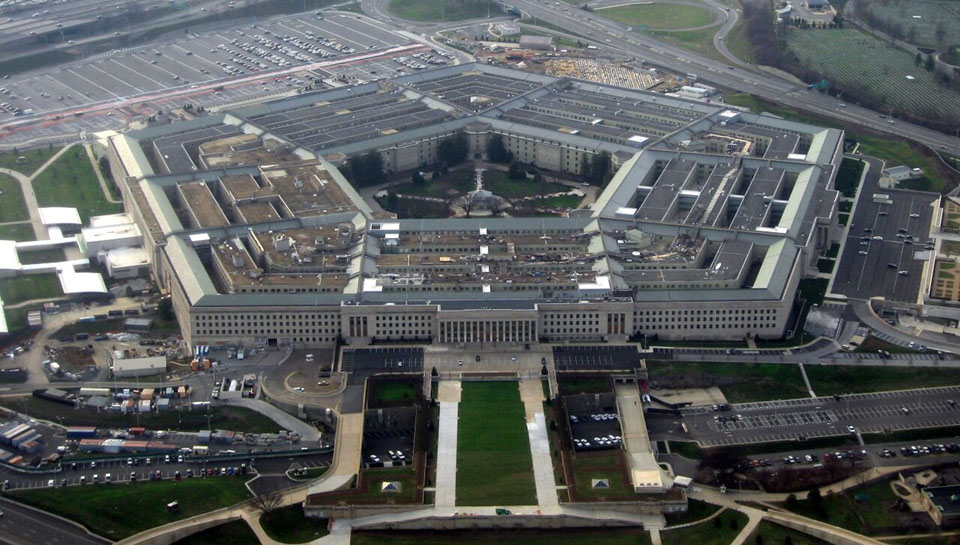Revolutionary Change in Strategic Leadership
-- Maj gen P K Mallick,VSM (Retd)
"War is more than a mere chameleon that slightly adapts its characteristics to the given case. As a total phenomenon its dominant tendencies always make war a paradoxical trinity – composed of primordial violence, hatred, and enmity… ; of the play of chance and probability… ; and of its element of subordination, as an instrument of policy, which makes it subject to reason alone." – Carl von Clausewitz in On War
According to the Prussian Clausewitz, war’s nature does not change—only its character. War’s nature is violent, interactive, and fundamentally political. War’s conduct is undoubtedly influenced by technology, law, ethics, culture, methods of social, political, and military organization, and other factors that change across time and place.Technology has a significant influence on warfare, but other influences like doctrine and military organization are also important. Changes in the character of warfare may occur slowly over generations or quite rapidly. These changes clearly affect the tactical art of employing units and weapons and, to a lesser extent, the operational art of linking military objectives to achieve strategic ones. Both continuities in the nature of war and the changes in the character of warfare influence strategy. The greater influence on strategy, as Clausewitz observes, comes from the nature and character of war because the "most far-reaching act of judgment that the statesman and commander have to make is to establish…the kind of war on which they are embarking; neither mistaking it for, nor trying to turn it into, something that is alien to its nature."
Clausewitz's observation also applies to strategic leadership: it too has an enduring nature and a changing character.
The enduring nature manifests itself as characteristics that define a skilled strategic leader across history including: the ability to discern and distill vital information and ideas from complexity and background noise; effective and timely adaptability and creativity; steadiness under pressure; clarity in communication; and a solid ethical foundation. From the warrior kings of the earliest civilizations through the masters of 20th-century industrial war, to the armed conflict of the future, these characteristics are important.
At the same time, trends in the global security environment and the domestic political, social and economic system are changing the character of strategic leadership. The broad and historic decline of authority and authority structures IS BEING OBSERVED ACROSS THE GLOBE. In the United States, the military has retained its standing among the public, but many other institutions of authority have seen a significant erosion of respect and influence. In other parts of the world, the erosion of authority structures weakens governments. The Arab Spring may be the starkest example of this, but the phenomenon has spread to most regions of the world with young democracies particularly vulnerable. The result is a revival of authoritarianism.
The profusion of information drives this erosion of authority by making the institutions of authority transparent to a greater degree than ever before. In all likelihood, politicians are no more corrupt and the media no more error prone than in the past, but now their transgressions or failures are visible. At the same time, the profusion of information makes it easier for people to find alternative explanations to the ones offered by authority institutions. No longer does public depend on elected officials, television networks, and a few national newspapers and magazines to understand political events. Instead, the public has access to literally thousands of alternative sources of information—many of which often cannot assess the validity of the information or its sources.
Today most people consume information that reflects their preexisting beliefs rather than the authority of the source and its methods of obtaining, selecting, and vetting information. Most people only consume the information that reflects their ideological predilections without having to consider or grapple with different perspectives, living in what is often labeled an information bubble. Pundits and people who might be called “infotainers” define and shape the political agenda more than elected officials. The result is an unwillingness to compromise or cooperate across partisan boundaries.
For strategic leaders, this means that long-range planning and programming will be extraordinarily difficult since there will be no predictability in defense spending. It also means that protracted operations that cross multiple Governments will be nearly impossible. Every time a different party takes control , it may feel compelled to reverse the policies of its predecessor. This might force strategic leaders to avoid operations likely to cross multiple administrations, instead recommending suboptimal options that can be undertaken in one term of the government..
The widespread erosion of authority is not unprecedented. It has happened many times in history, most recently in the United States during the 1960s and 1970s. However, this particular wave is the most dramatic and powerful ever. As the character of strategic leadership changes, so too must civil-military relations.
Information technology is undercutting traditional notions of operational security and force protection as well. Strategic leaders—and commanders at all levels—now must assume that their operations will be broadcast to a global audience in real time. This alters strategy and operational planning. Strategic leaders also have to grapple with the fact that their troops have online personas, which can create vulnerabilities. It is not hard to imagine a future enemy targeting the families of deployed troops. Strategic leaders would then have to decide whether it is reasonable for deployed troops to expect that the families they left behind will be better protected than the rest of the public.
The profusion of information and the decline of authority will also make narrative shaping by strategic leaders both more important and more difficult. Narratives will be fluid with public opinion swarming on particular themes or ideas and then moving on to something else. Russia’s intervention in the 2016 U.S. election is only the first volley in this. At the same time, new technology will make it very hard for the public in the United States and in other countries to distinguish reality from fabrication. This will destroy the traditional notion of strategic communications, which is based on the belief that there is a ground truth and it ultimately will win out over lies or fabrications. Like past strategic leaders, future ones must be effective communicators, but what this means may be dramatically different.
Finally, technology, particularly autonomous systems, and artificial intelligence, will change the character of strategic leadership. Future military units may deploy with few or even no humans. Deployed forces will consist mostly or entirely of autonomous or semi-autonomous systems controlled—to the extent they are controlled by humans in real time rather than by algorithms written in advance—from afar. For strategic leaders as well as tactical commanders, this means that the management of human fear and the preservation of force discipline will be less important than in the past. This will pose new ethical challenges. Will a military member controlling a machine thousands of miles away be more or less likely to use deadly force than one who can see the enemy? What will this mean for military strategy? Should strategic leaders offer different military advice to political leaders when they know that units can be deployed abroad without Americans dying?
These are only a few of the megatrends in the political climate and global security environment that are likely to change the character of strategic leadership. The challenge for today’s leaders is to grapple with this and decide what it means for the way the nation finds, develops and rewards strategic leaders, and for the nature of the professional ethic that will guide them in the future.
Recently The Indian Army has changed its promotion policy allowing Generals to serve longer tenures and officers to get promoted at a younger age to the ranks of Major General and Lieutenant General. [ http://www.tribuneindia.com/news/nation/army-generals-to-get-longer-tenures/520121.html ]
One wonders whether adequate attention is being paid to educate and groom future strategic leaders in view of the changing character of warfare specially driven by technology.
ENDNOTES
Dr. Steven Metz, , Strategic Insights: Revolutionary Change Is Coming to Strategic Leadership . December 19, 2017 |available at https://ssi.armywarcollege.edu/index.cfm/articles/Revolutionary-Change-is-Coming/2017/12/19?utm_source=RC+Defense+Morning+Recon&utm_campaign=29bcde1eaa-EMAIL_CAMPAIGN_2017_12_28&utm_medium=email&utm_term=0_694f73a8dc-29bcde1eaa-81834289

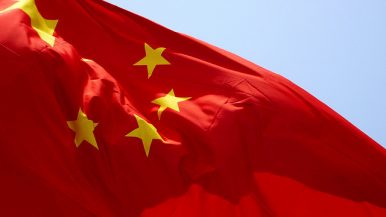


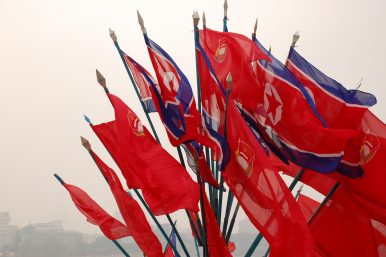
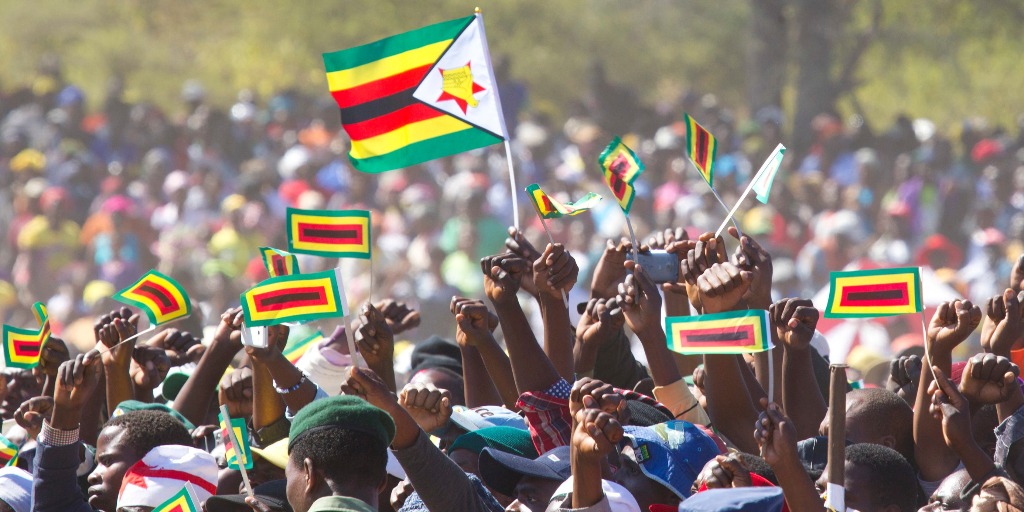

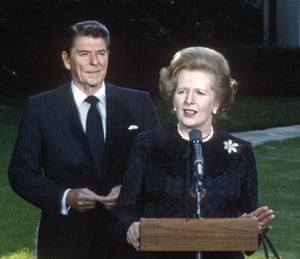
/arc-anglerfish-arc2-prod-mco.s3.amazonaws.com/public/MVNTOJPYPJD5LGN2KIWEH3CYZU.jpg)


